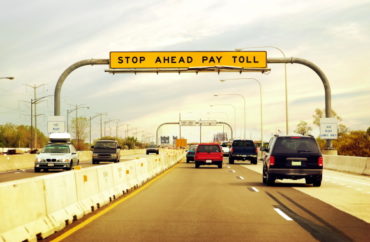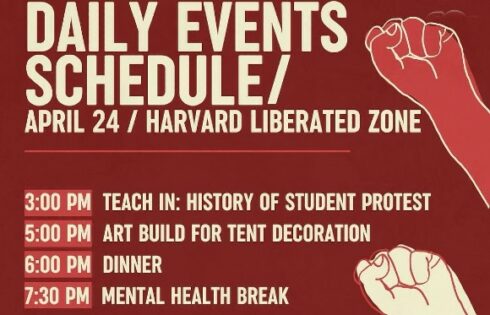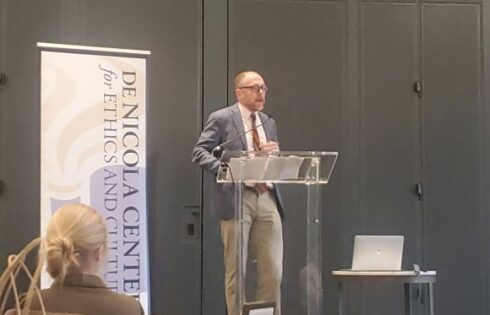
As bureaucrats eye implementing road congestion taxes, a group of UCLA scholars has looked at how to put such policies in place while also being fair and equitable to poor people.
Their preferred solution: give low-income households cash assistance.
Congestion pricing requires payment to use certain roads to address environmental concerns. This, theoretically, forces people to use other means of transportation, such as carpools or mass transit, thus reducing the number of cars on the road.
But the concern is only middle-class and wealthier families could afford to use such pay-to-drive roads.
The UCLA report, “Guardrails on Priced Lanes: Protecting Equity While Promoting Efficiency,” suggests cash payments to the poorest 13 percent of drivers to be fair and equitable.
The three scholars who authored the report recommend pricing freeway lanes according to demand, and using a portion of the toll revenue “to assist the low-income people who those prices might burden.”
“The optimal way to deliver this assistance is via a cash transfer that every person below a certain income threshold is automatically opted into,” the report added. “Such an approach would protect low-income travelers while being neutral with respect to mode: It would provide assistance to people who drove at peak times, but it would not condition assistance on doing so.”
In effect, the proposal amounts to a form of income redistribution, as the coffers of wealthier commuters would be used to finance the transportation activities of low-income commuters. Wealthier groups do the most driving, meaning that the burden of tolled roads mostly falls on groups with higher socio-economic status.
Its authors are Professor Michael Manville with the UCLA Luskin School of Public Affairs, Gregory Pierce, co-director of the UCLA Luskin Center for Innovation, and Bryan Graveline, a grad student researcher.
They based their study on the heavily traversed metropolitan areas of Los Angeles, San Francisco, Inland Empire, San Jose, San Diego and Sacramento.
In an email interview with The College Fix, Manville said roadways are a shared commodity.
“A free road is a monopoly good regulated by a government price control, and as such it operates inefficiently. So people should pay to use it, the way they pay for electricity,” he said.
Manville characterized the proposal as a “fee-for service” rather than a tax, noting the similarity between the proposal and the manner utility companies operate.
But, he added in his email, “it’s important not to have prices so high that low-income people can’t get around. This is, again, also how investor-owned utilities operate. So some of the toll money is returned to lower-income people to help them defray the costs.”
In response to a question asking if the proposal was basically a tax on the rich, he said the word “rich” doesn’t appear in the report.
According to the Brookings Institute, the “taboo against pricing roads is slowly fading.”
“Cities are starting to recognize the opportunity to reduce roadway congestion without waiting for federal or state governments to provide billions in funding for costly new infrastructure,” the think tank argued in October 2019.
“Congestion pricing is already the standard in our choices about how we travel, where we shop, even when we go to the movies—it’s time to bring it to our roads, too.”
But Manville and his fellow researchers aimed to address the equity implications of congestion pricing.
According to the report, 13 percent of households in the studied area would be “unduly burdened” by congestion pricing. Unlike similar policies implemented in other countries, the effect on low-income residents is concerning because most such households drive rather than using other forms of transportation for their commute.
However, “utilities do mostly manage this equity problem: They have policies that protect low-income consumers and ensure that pricing does not deny them access. Some of these policies can be models for congestion pricing.”
The UCLA proposal suggests using toll revenues to fund transportation stipends for low-income households. The authors suggest that the proposed payments could also be used to purchase fares for other modes of transportation.
MORE: Cornell climate protesters block traffic for hours, a dozen protesters arrested
IMAGE: Suzanne Tucker / Shutterstock
Like The College Fix on Facebook / Follow us on Twitter





Please join the conversation about our stories on Facebook, Twitter, Instagram, Reddit, MeWe, Rumble, Gab, Minds and Gettr.